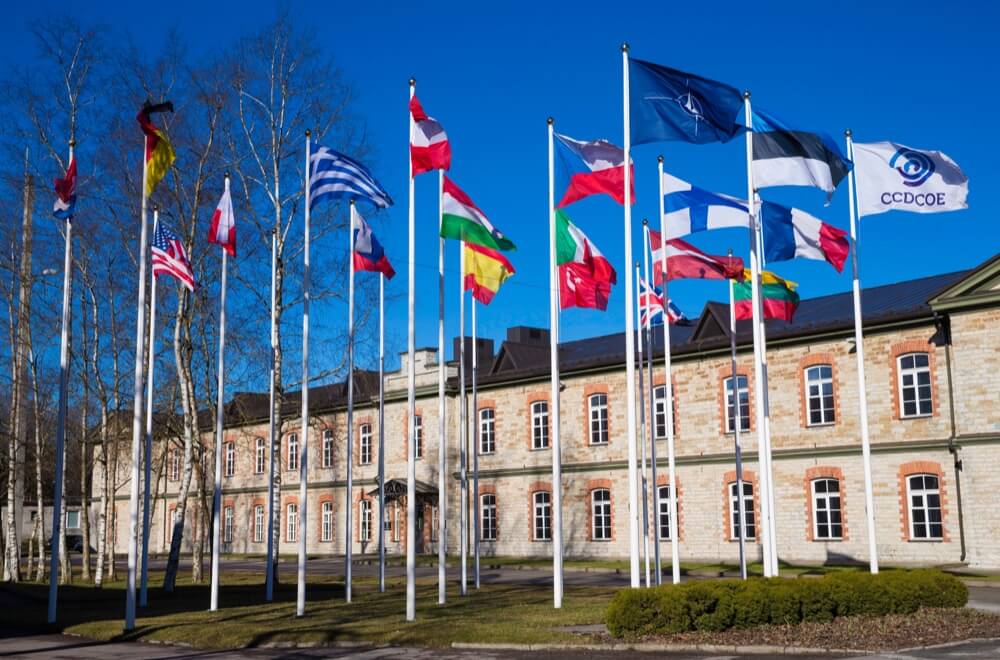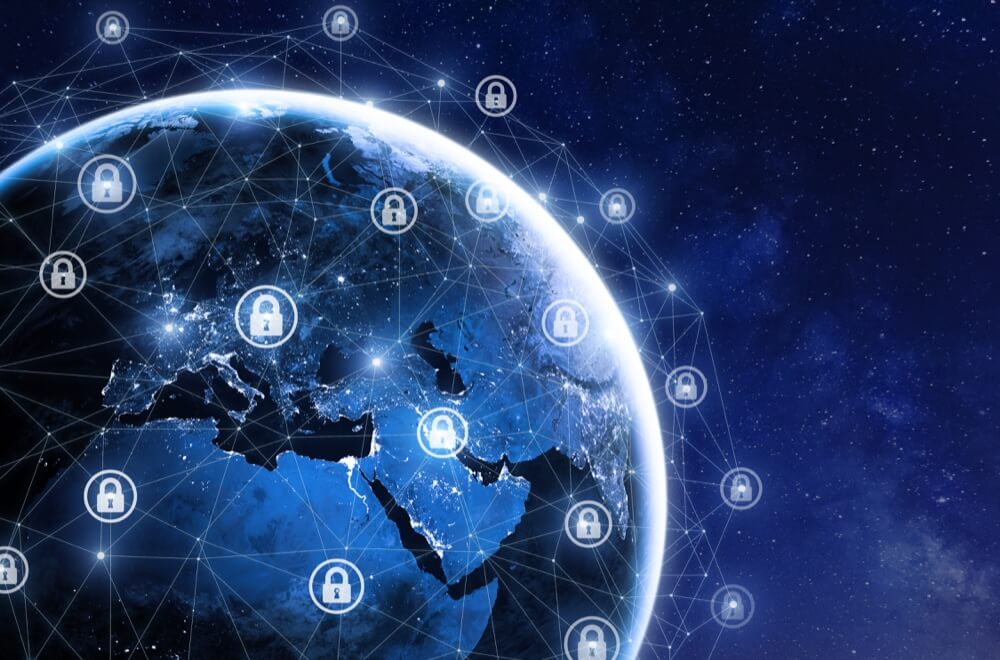The Estonian foreign ministry is to set up a new department for cyber diplomacy that will allow the country to participate “more efficiently in global discussions on the subject”, as the foreign minister put it.
The creation of the new department was endorsed by the Estonian government on 12 September. The government also assigned the foreign ministry to develop international cooperation in the cyber security field, the ministry said in a statement.
“Countries are increasingly prioritising cybersecurity and safety in their foreign policy aims and our allies see Estonia as a leader in this field,” the foreign minister, Urmas Reinsalu, said in a statement. The new department will be headed by the Estonian ambassador at large for cyber security, Heli Tiirmaa-Klaar.

According to Reinsalu, the department will allow Estonia to participate more efficiently in global discussions on the subject and ensure our continued pioneering role in this field, the foreign ministry statement noted.
“The department will begin work this autumn and its prospective staff of advisors comprises officials of the foreign ministry who have already previously worked on various aspects of cyber diplomacy,” the ministry said.
The new department to promote multilateral relations
“As cybersecurity is among Estonia’s priorities as a non-permanent member of the UN Security Council, one of the first great tasks is to compose a work plan for the department,” it added.
“The department will also contribute to sectoral discussions in international organisations, promote bilateral and multilateral relations, supervise development cooperation in the cyber field and participate in formats related to internet freedom.”
Cyber diplomacy mainly concerns state behaviour in cyberspace and their compliance with cyber norms, trust-building measures and the existing international law. “Several cooperation formats have been established in this field at the UN, the EU, the OSCE, NATO, the Council of Europe, the OECD and other international organisations,” according to the foreign ministry.
From a victim of cyber attacks to a cyber security leader
In 2007, following a disputed relocation of the Soviet-era Bronze Soldier monument, Estonia faced cyber-attacks that have been widely acknowledged as the world’s first cyber war. But there is no bad without good – the country learned and gained from the experience. Now, 12 years later, Estonia has become a global heavyweight in cyber security-related knowledge, advising many other states on the matter.

According to the 2017 cybersecurity index, compiled by the International Telecommunication Union, Estonia ranks highest in Europe and fifth in the world in cybersecurity. The NATO Cooperative Cyber Defence Centre of Excellence (CCDCOE), an operationally independent international military organisation, set up in 2008, is also based in Tallinn.
The cover image is illustrative.

